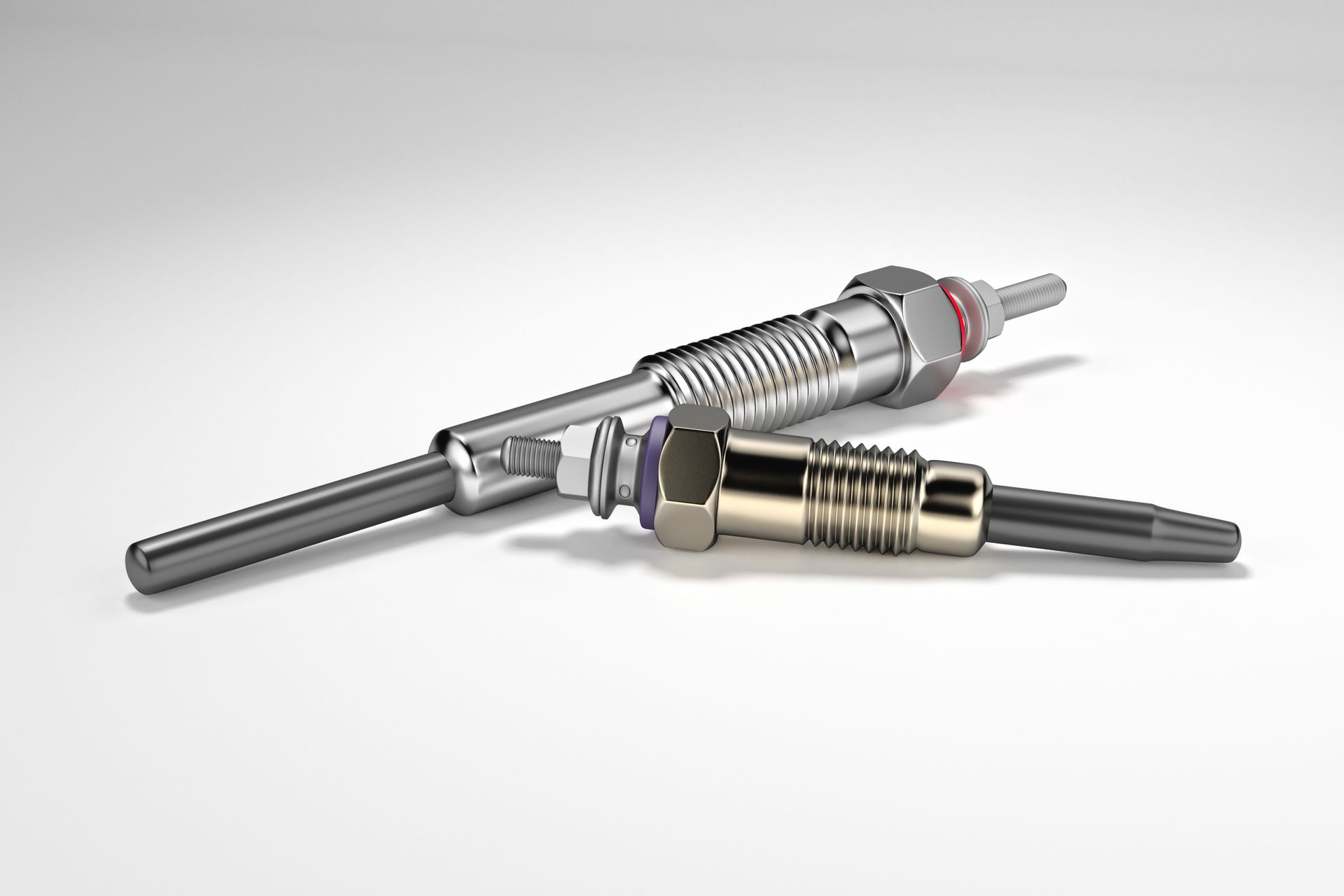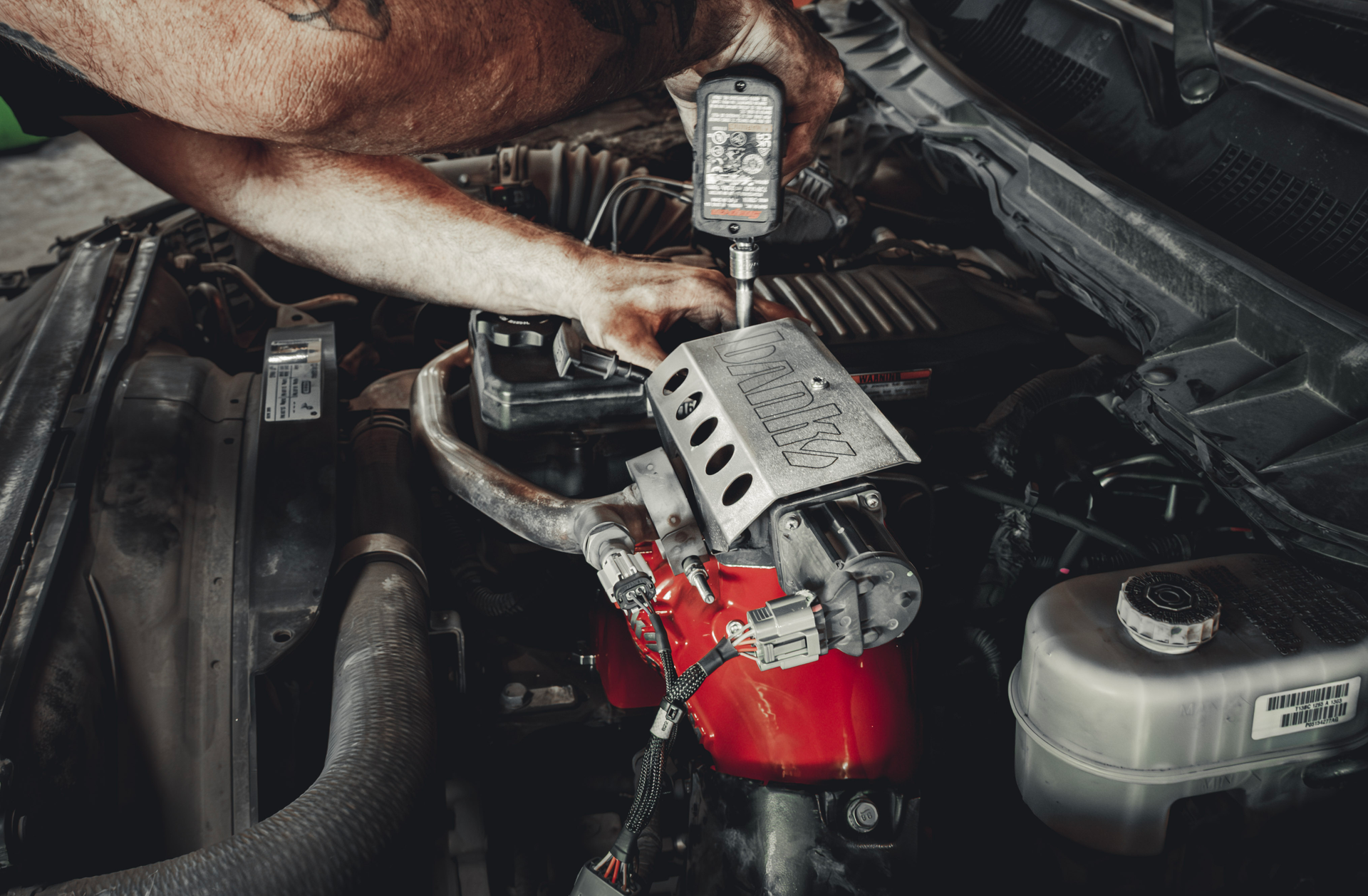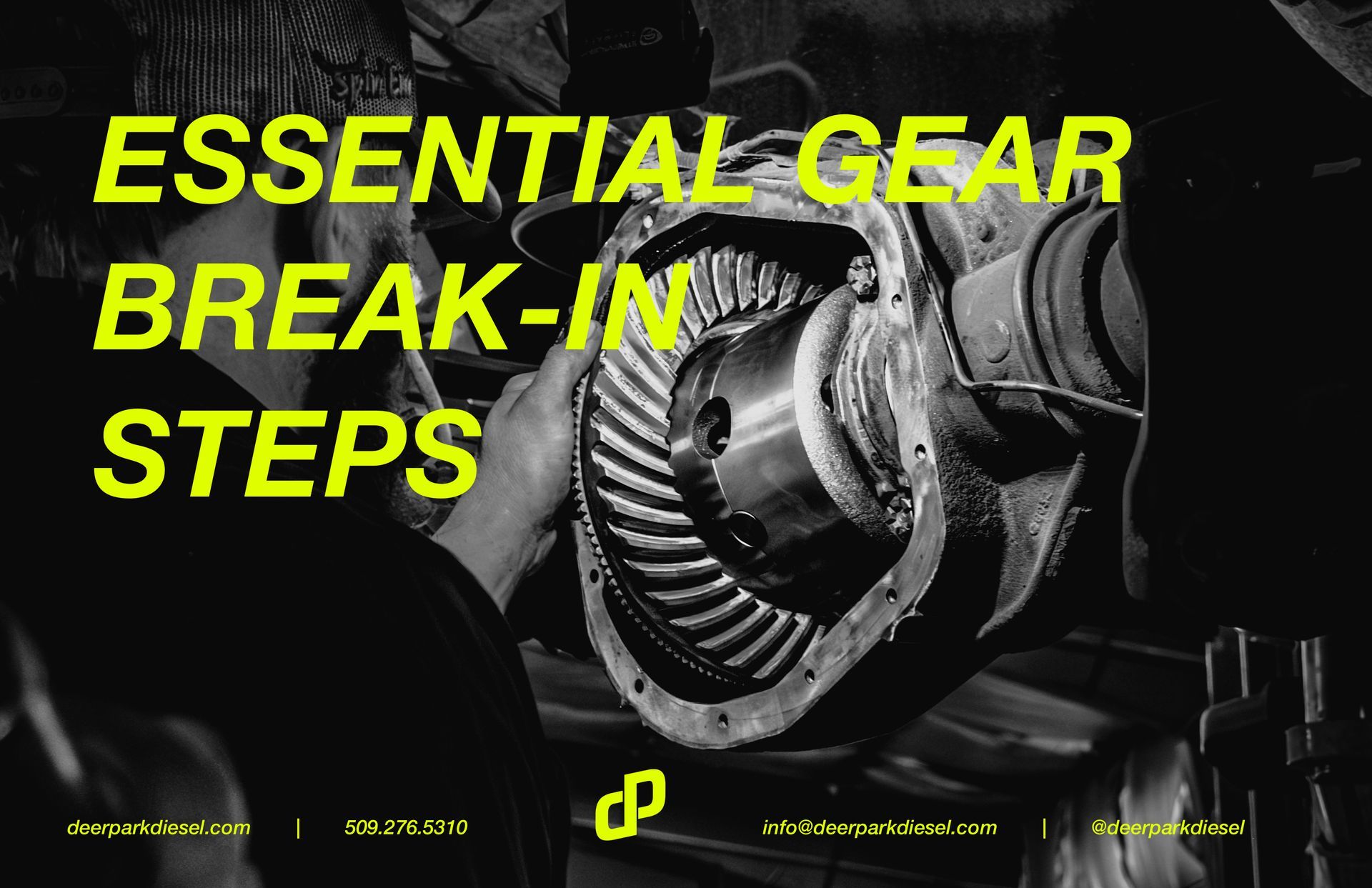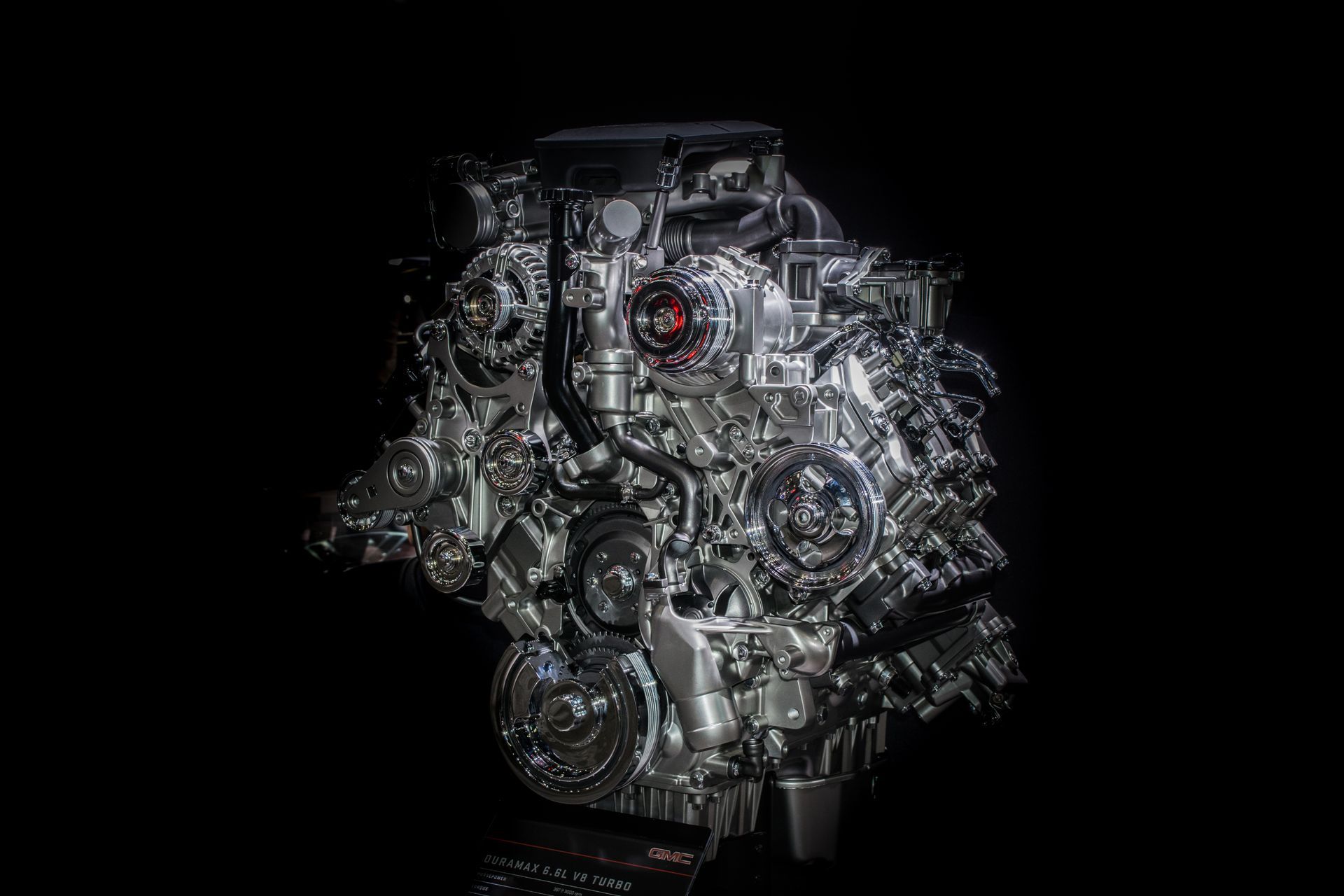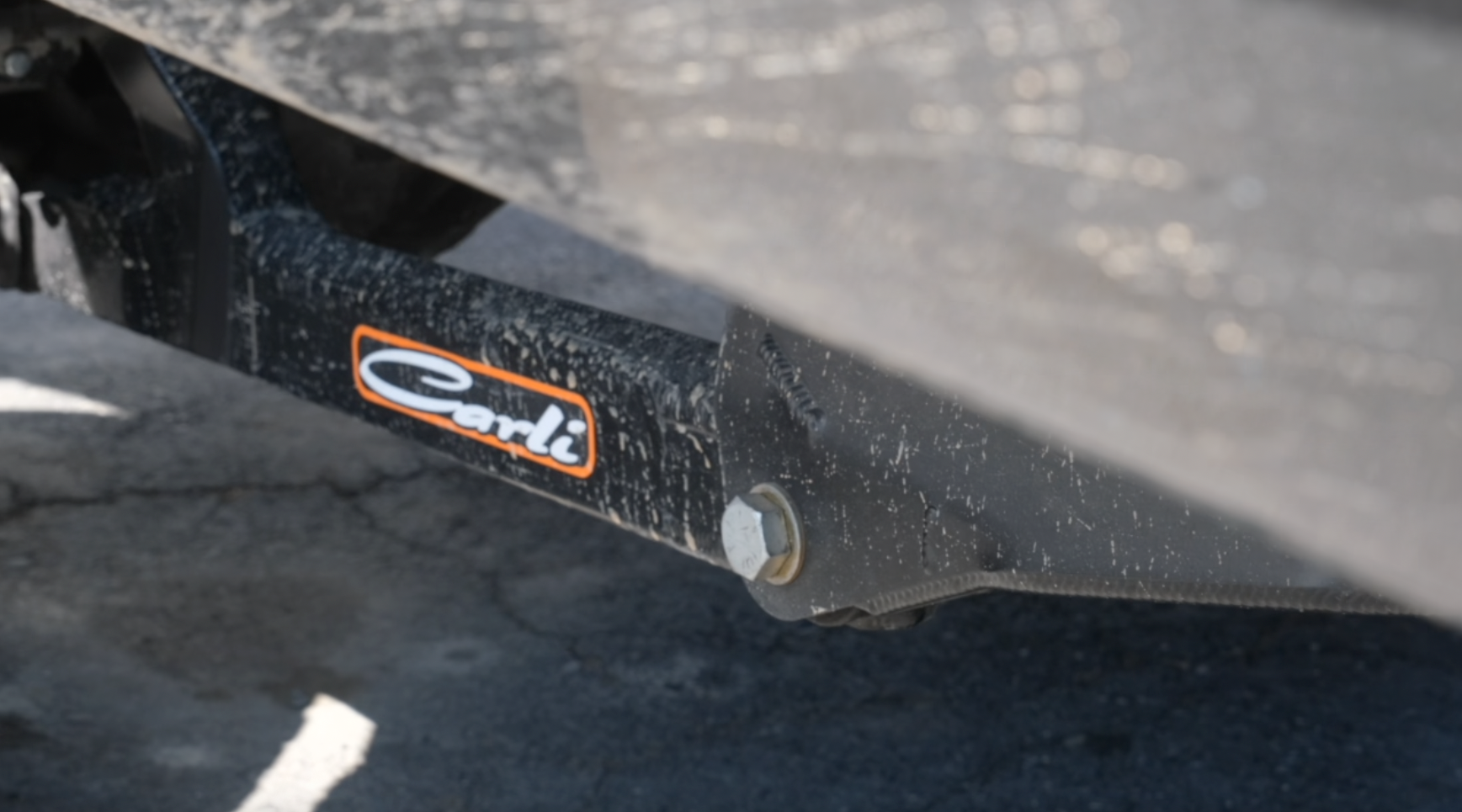If you’ve ever noticed oil leaks, a dip in performance, or even a strange hissing sound from your diesel engine, it may be time to check the crankcase pressure. Excessive pressure inside the crankcase doesn’t always get the attention it deserves, but it can lead to serious engine problems if ignored.
Diesel engines, with their high compression and robust build, are built for hard work. But they still rely on a balanced system of airflow and pressure control to stay efficient. When that balance shifts, even slightly, the consequences can snowball quickly.
We’ll explain what the crankcase pressure is, what causes it to rise too high, and what you can do about it.
What Is Crankcase Pressure
Inside your engine, the crankcase is the lower section where the crankshaft spins. During normal combustion, some gases slip past the piston rings and enter the crankcase. This is known as blow-by.
Engines are designed to handle a controlled amount of blow-by using a ventilation system, often called the PCV (positive crankcase ventilation) system. It routes these gases back into the intake so they can be reburned. This setup prevents internal pressure from building up too much.
But if something disrupts this flow or increases the volume of blow-by, pressure can rise quickly.
Common Causes of High Crankcase Pressure
Worn Piston Rings
As piston rings wear out, they struggle to seal the combustion chamber effectively. More combustion gases slip into the crankcase, creating extra pressure. This is one of the most common causes in older or high-mileage diesel engines.
Faulty PCV or Breather System
If the ventilation system is clogged, restricted, or failing, it can’t release pressure fast enough. Even a small blockage in the breather hose or PCV valve can lead to noticeable pressure buildup, along with oil leaks and seal damage.
Overfilled Oil
Too much oil can increase splashing and aeration inside the crankcase, which in turn raises internal pressure. Always double-check the oil level after a change and avoid topping off unless it’s truly needed.
Turbo Issues
In turbocharged diesel engines, problems with the turbo seals or excessive boost pressure can force air into the crankcase. This adds another layer of pressure that the ventilation system may not be able to handle.
5. Excessive Blow-By From Cylinder Wall Wear
Even with good piston rings, worn or glazed cylinder walls can allow combustion gases to escape more easily into the crankcase. Over time, this wear lowers compression and increases pressure inside the crankcase.
Signs of Excessive Crankcase Pressure
If your engine is experiencing high crankcase pressure, you’ll likely notice one or more of the following symptoms:
- Oil leaks around seals and gaskets
- Oil being forced up the dipstick tube or out the filler cap
- Hissing or puffing noises from the oil cap when removed
- Smoke or mist from the breather hose
- A drop in engine power or increased fuel consumption
- These signs can be subtle at first, but they often get worse over time.
Why It Matters
High crankcase pressure is not just a nuisance. It puts stress on engine seals, increases the risk of oil leaks, and can lead to oil contamination if blow-by gases carry unburned fuel and soot. Over time, this contributes to carbon buildup and wear throughout the engine.
If left unchecked, it can also lead to more severe failures like head gasket leaks or even a damaged crankshaft seal, which can be costly to repair.
How to Address the Problem
The first step is to confirm the issue with a crankcase pressure test. This involves measuring pressure at the oil cap or dipstick tube using a manometer or similar tool. If the pressure is above acceptable limits, the next step is finding the root cause.
Depending on what’s discovered, the fix might be as simple as cleaning or replacing the PCV valve, or as complex as rebuilding part of the engine. In many cases, early detection allows for smaller repairs that prevent major damage.
Diesel Engine Experts at Deer Park Diesel
Crankcase pressure problems in a diesel engine rarely fix themselves. If you’ve noticed oil leaks, hissing sounds, or odd performance issues, it’s worth investigating. At Deer Park Diesel in Clayton, WA, we’re equipped to diagnose and repair excessive crankcase pressure issues so your engine runs stronger, longer.
Stop problems before they escalate. Schedule a pressure check today and protect your diesel engine from unnecessary wear.

6.6L Duramax Reliability Guide: LB7–L5P Problems, Fixes & What Spokane Area Truck Owners Should Know



